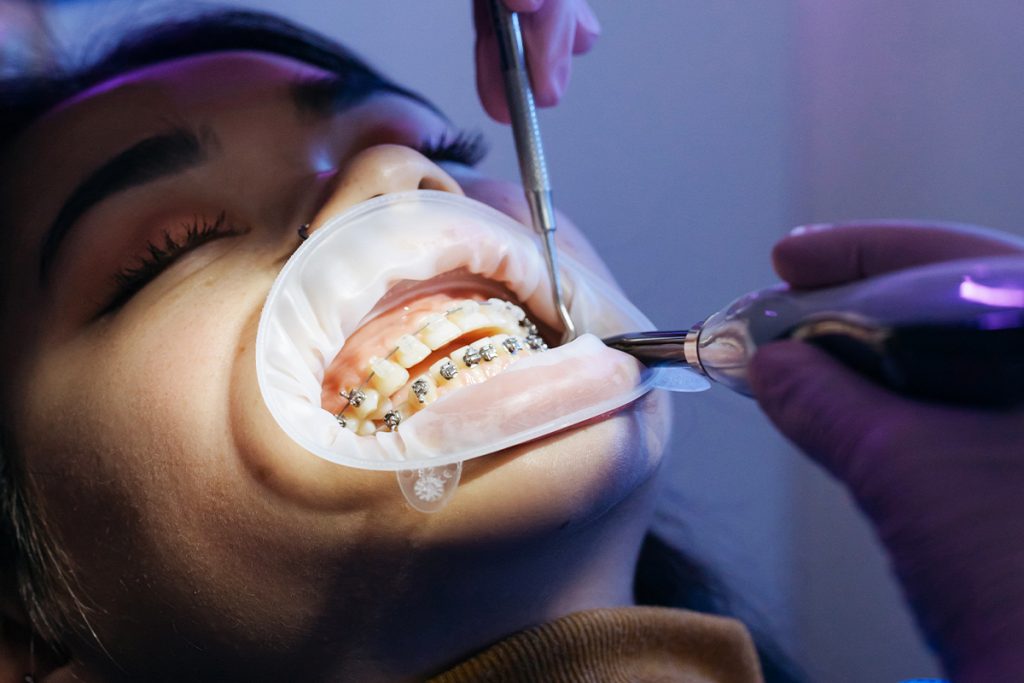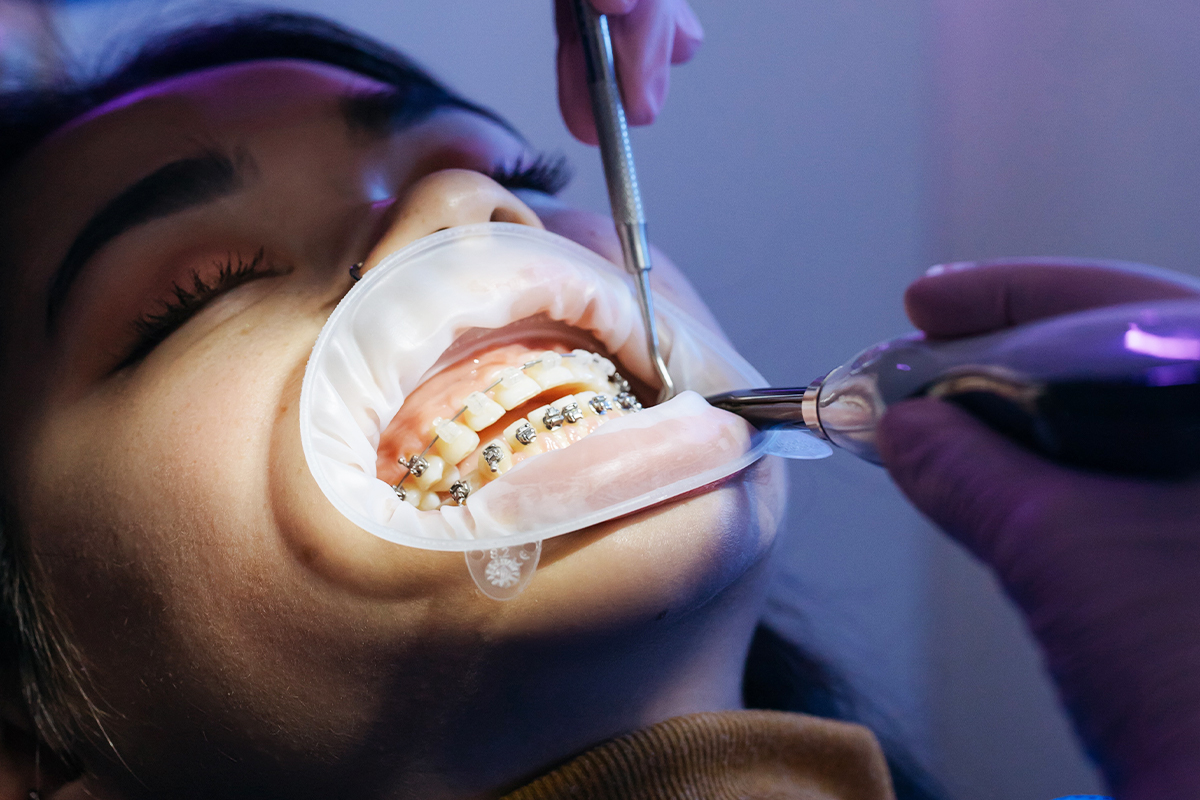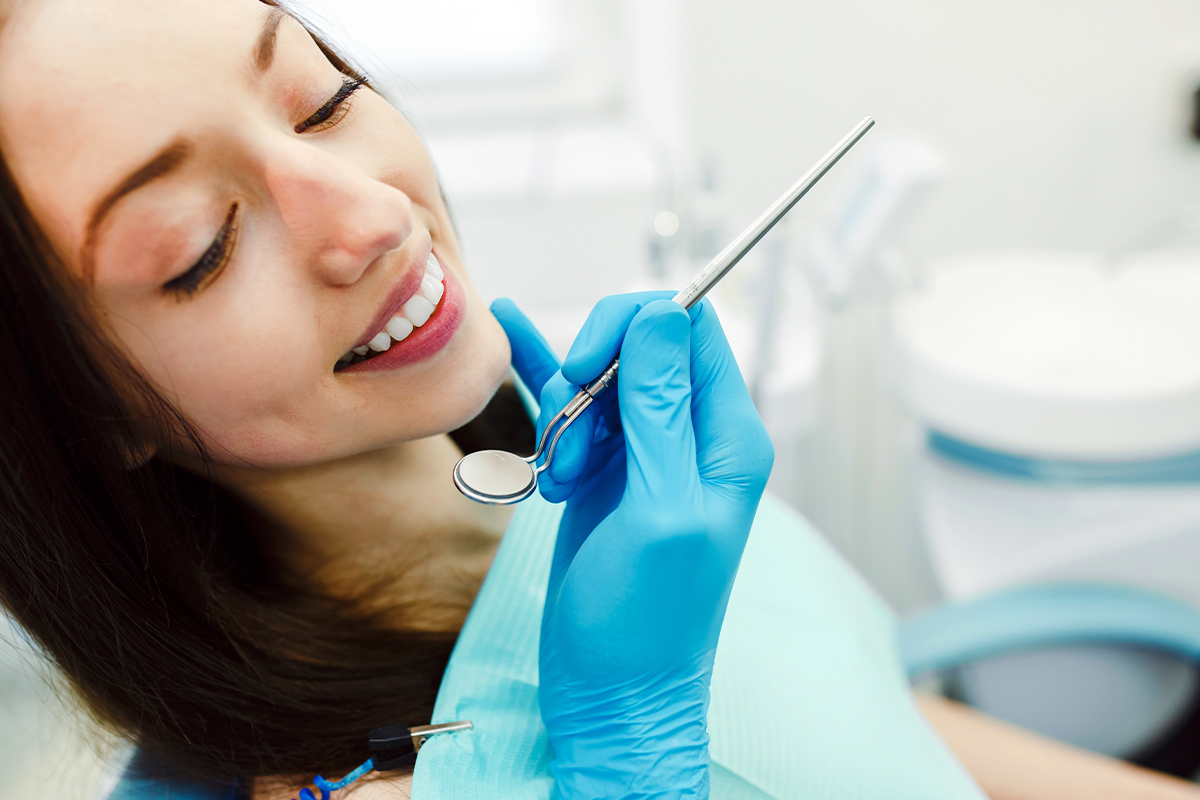Are you considering getting braces? Are you wondering how long you will have to deal with the wires and braces and how painful the whole process will be?
We will tell you some of the most important things you need to know before getting braces, but always remember this. Besides the aesthetic problem you have with your crooked teeth, neglecting and not correcting them can lead to serious health issues.
It is best to visit a dentist before making any decision about orthodontic treatment, and check with an expert if you are truly a candidate for braces.
Now, what are the most common questions and what is essential to know about this topic?
How does fixed braces work?
Braces, or fixed appliances, are placed during a single visit to the dentist. The process of putting braces on is not painful. Material containing fluoride, which protects enamel from demineralization, is used for their placement and adhesion. Braces are first placed on the upper, and then on the lower jaw.
A wire is attached to each brace. When we reach a curved tooth, the dentist must bend it before placing it in the brace.
At the next check-up, the dentist discusses with the patient about changing the wires. They are usually changed every four to six weeks.
Does wearing braces hurt?
The first few days you will get used to the new conditions in your mouth, and the discomfort caused by braces will decrease after the third day. The process of tooth remodeling, which can cause pain and discomfort, occurs approximately 4 hours after the braces are placed.
Of course, all the talk about discomfort and pain we mentioned is individual and depends on the person, as well as their pain tolerance. Also, in the beginning, the braces may irritate the inside of your cheeks, and that will last until you get used to having a foreign object in your mouth.
How long does the average person wear braces?
On average, fixed braces are worn for 2 years. Of course, the length of wearing braces depends on your teeth and the extent of irregularities in your oral cavity. We would divide orthodontic treatment like this:
The first phase lasts six months, sometimes up to a year. During this phase, the teeth are attempted to be brought to the shape of an ideal dental arch.
The second phase lasts about 5 months and is intended for closing extraction spaces.
The final phase involves aligning the bite and correcting any mistakes that may have occurred in the previous phases.
Oral hygiene during wearing fixed braces
One of the most important things you need to know before getting braces is that you must have impeccable oral hygiene. Taking care of your teeth will probably be a little more demanding after getting braces because fixed appliances have a lot of space where food can accumulate.
It is best to remember one simple rule - brush your teeth after every meal.
In addition to the regular toothpaste, it is also important to use floss and mouthwash. Using floss may be a bit more challenging with braces, but you can always consult with your dentist to make sure you don't damage your gums or the braces themselves.
Wearing fixed braces also means saying goodbye to certain foods. It is best to avoid all kinds of caramels during orthodontic treatment.
What is the best age for getting braces?
As a rule, there is no age limit for wearing braces, although orthodontic correction is faster and simpler in younger individuals. Their bones are still developing, and movements are much easier, so it is much better to seek help at an earlier age.
The best age for wearing fixed braces in children is between 12 and 14 years, and in some cases, even earlier. However, more and more adult patients are opting for orthodontic treatment with fixed braces, especially as a foundation for prosthetic or implant solutions.
Also, there is an increasing number of adult patients who opt for orthodontic therapy with fixed braces in order to create a basis for prosthetic or implant solutions.
If the dentist decides that you are a candidate for fixed braces, be prepared for certain challenges and don't forget about oral hygiene and regular dental visits! You don't have to struggle with avoiding most of the foods you enjoy, but be careful that irresponsible behavior and poor hygiene can lead to braces becoming detached.






